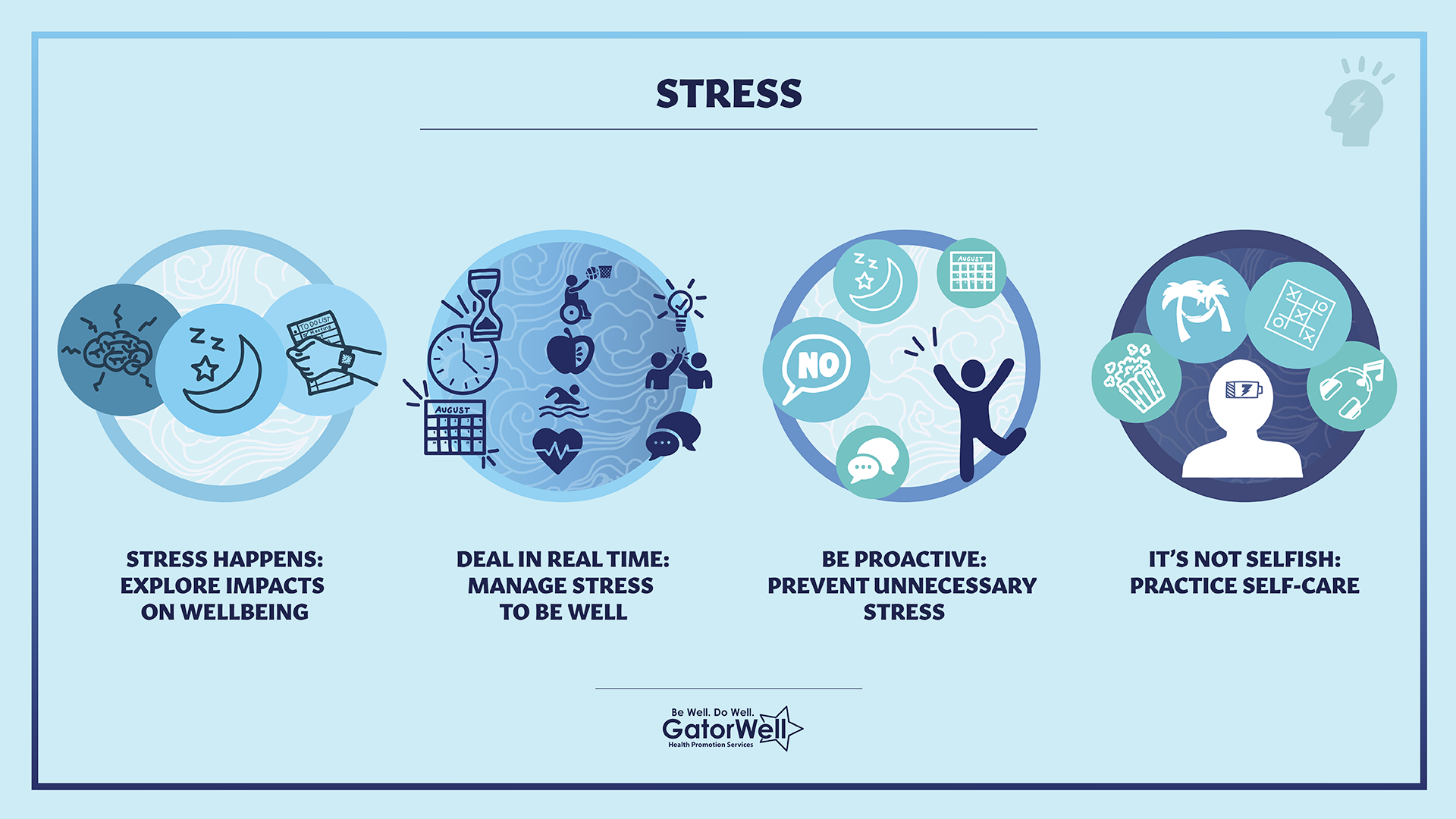
In today’s fast-paced world, stress has become a common part of our daily lives. However, it is essential to prioritize our mental and physical well-being in order to lead a healthy and fulfilling life. Florida’s wellness programs offer a variety of tools and resources to help individuals effectively manage stress and improve their overall quality of life. In this post, we will explore how these programs can help you navigate the challenges of stress and create a more balanced and peaceful lifestyle. Let’s dive in and discover the key strategies for managing stress with Florida’s wellness programs.
Understanding Stress Management Techniques in Florida
Introduction
Stress management is a crucial aspect of maintaining overall well-being in today’s fast-paced world. In Florida, where the sunny weather and vibrant lifestyle can sometimes lead to added pressures, it is essential to understand effective techniques to cope with stress. By acknowledging the impact of stress on both physical and mental health, individuals can take proactive steps to manage it.
Identifying Stress Triggers
One of the key aspects of effective stress management is identifying the triggers that contribute to elevated stress levels. Whether it’s work-related deadlines, personal relationships, or financial concerns, recognizing these triggers is the first step towards developing coping strategies. In Florida, factors such as traffic congestion, crowded tourist areas, and hurricane season can also play a role in increasing stress levels.
Exploring the Benefits of Participating in Wellness Programs

Wellness programs offer a myriad of benefits for individuals looking to improve their overall well-being. By participating in these programs, individuals can access a variety of resources and support systems that promote healthy lifestyle choices and stress management techniques. These programs often include activities such as fitness classes, nutrition seminars, mental health workshops, and mindfulness sessions, all designed to enhance physical, mental, and emotional wellness.
Moreover, wellness programs provide a sense of community and belonging, allowing participants to connect with like-minded individuals who share similar health goals. This social support network can be instrumental in motivating individuals to stay committed to their wellness journey and make positive changes in their lives. Overall, engaging in wellness programs can lead to improved health outcomes, increased happiness, and a greater sense of fulfillment.
Implementing Mindfulness Practices for Stress Reduction
**Mindfulness practices offer a powerful tool for reducing stress and improving overall well-being. By cultivating present-moment awareness and acceptance of thoughts and feelings without judgment, individuals can learn to manage stress more effectively. In Florida, mindfulness techniques such as meditation, deep breathing exercises, and body scans are popular methods for reducing stress levels.
**Practicing mindfulness regularly can help individuals develop a greater sense of calm and mental clarity in the face of daily stressors. By incorporating mindfulness practices into your daily routine, you can enhance your resilience to stress and improve your overall quality of life.
Balancing Work and Personal Life Through Wellness Initiatives
Striking a balance between work and personal life is crucial for overall well-being. In today’s fast-paced world, it’s easy to become overwhelmed by the demands of work, leaving little time for personal relaxation and enjoyment. Wellness initiatives play a vital role in helping individuals find harmony between their professional and personal responsibilities.
By incorporating mindfulness practices, regular physical activity, and healthy eating habits into your daily routine, you can effectively manage stress and maintain a healthy work-life balance. Taking breaks during the workday to engage in stress-relieving activities can improve focus and productivity, ultimately leading to a more fulfilling personal life outside of work.
Incorporating Physical Activity into Your Stress Management Routine
Physical activity is a crucial component of a holistic approach to managing stress. Engaging in regular exercise not only benefits your physical health but also plays a significant role in reducing stress levels and improving overall well-being. Whether it’s going for a run, practicing yoga, or simply taking a brisk walk, physical activity releases endorphins that act as natural mood lifters, helping to combat feelings of anxiety and tension. Additionally, exercise promotes better sleep, boosts self-esteem, and provides a healthy outlet for pent-up emotions.
For a well-rounded stress management routine, consider incorporating a variety of physical activities that you enjoy. This can help prevent burnout and keep your routine engaging and sustainable. Remember, the goal is not perfection but consistency, so find activities that bring you joy and make you feel good both mentally and physically. By making physical activity a priority in your daily life, you can proactively manage stress and cultivate a healthier mindset.
Incorporating Physical Activity into Your Stress Management Routine
Physical activity is a crucial component of a well-rounded stress management routine. Engaging in regular exercise not only benefits your physical health but also plays a significant role in improving your mental well-being. Whether it’s going for a run, practicing yoga, or hitting the gym, finding a physical activity that you enjoy can help release endorphins, reduce feelings of anxiety, and boost your overall mood.
The Impact of Exercise on Stress Levels
Exercise has been shown to lower cortisol levels, the hormone responsible for stress, and increase the production of neurotransmitters like endorphins, which act as natural painkillers and mood elevators. By incorporating physical activity into your daily routine, you can enhance your resilience to stressors and improve your ability to cope with challenging situations.